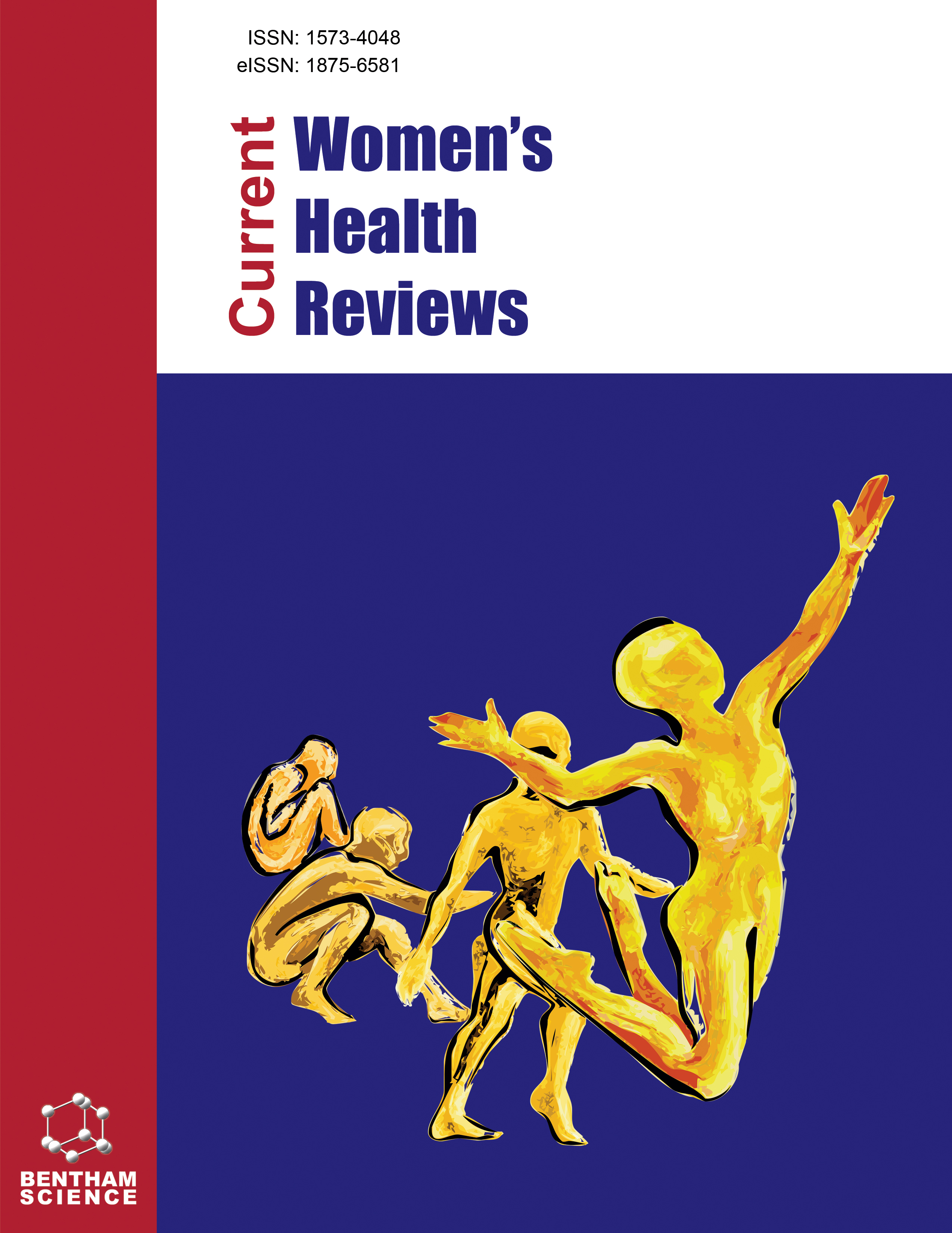
Full text loading...
Quercetin (QT) is an effective plant compound in treating various diseases, including certain types of cancer. Therefore, this systematic review study was conducted to investigate the positive effects of quercetin (QT) on different breast cancer cell lines under in vitro conditions.
The purpose of this study was to explore the beneficial effects of quercetin (QT) on various breast cancer cell lines in an in vitro setting.
Using various databases, including PubMed, Scopus, Science Direct, and Google Scholar, we searched for publications from 2018 to May 2024 based on relevant terms and keywords for this systematic review. Inclusion criteria focused on English, open access, and original studies that exclusively examined the effects of QT on breast cancer cell types in vitro.
From the initial search, 1308 publications were identified. However, only 46 met the inclusion criteria and were included in this systematic review.
In summary, quercetin (QT) shows anti-tumor effects on different breast cancer cell lines by activating the PI3K/AKT/mTOR, IGF1/IGF1R, MAPK, Transforming Growth Factor-β (TGFβ), and JAK/STAT1 pathways. Nonetheless, further extensive animal and clinical studies are essential to draw definitive conclusions.

Article metrics loading...

Full text loading...
References


Data & Media loading...
Supplements

